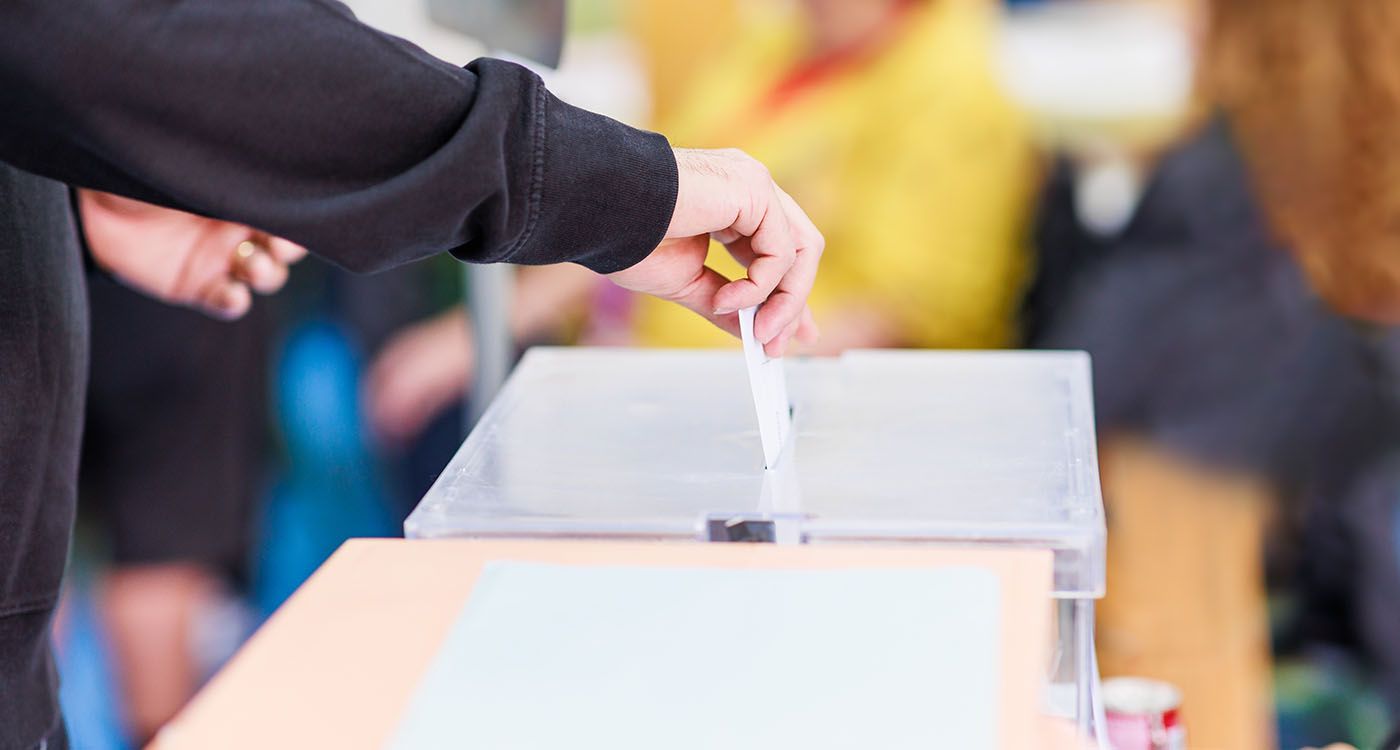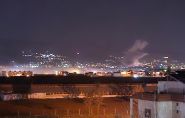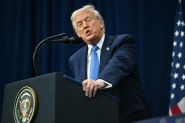
For anyone involved in US politics, either directly or indirectly, the nation's democracy stands out as one of the most dynamic globally. Its freedoms extend far and wide, allowing for robust criticism of presidential candidates and the president himself. American elections carry substantial weight and serve as a profound lesson in democracy for nations aspiring to uphold democratic values.
While Lebanon boasts a broad democratic scope, certain aspects have been eroded by entrenched traditions and years of repression. Despite these challenges, Lebanon has maintained its status as a democratic hub in the region, promoting dissenting voices and providing a platform for Arab intellectuals and activists. The streets and cafés of Beirut stand as unmistakable proof of this.
Studying the operational mechanisms of major democracies can offer valuable insights into fostering greater acceptance, openness, and the protection of freedom of expression.
First and foremost, when it comes to respecting the rights of the majority, we need to address a critical issue: the acknowledgment of defeat. A losing candidate should graciously concede, congratulate the winner, and offer to cooperate in the new term. Unfortunately, in Lebanon, we often resort to conspiracy theories in the wake of a defeat, reacting with anger rather than accepting the loss and working democratically with the majority that has elected its representatives.
Secondly, when it comes to criticism, one might be taken aback by the level of accusations exchanged between Trump and Harris. Yet, once those criticisms turned personal, both sides clearly backed down, steering clear of personal allegations or arguments that fail to contribute to political discourse. There’s no need to draw comparisons with Lebanon, as we are all too familiar with the way criticism is handled here. A clear example is the personal attacks directed at candidates, often based on personal connections or unfounded claims that have no basis in reality.
Thirdly, and perhaps most importantly, democracy requires the acceptance of all ideas, even those that seem unrealistic. In films and television series, we often see the president portrayed as a traitor to the nation or witness depictions of shadowy rooms that represent the true centers of power, while the president may merely serve as a façade that conceals reality. Films, ideas, and writings are not subject to censorship; rather, they are treated in a manner that respects democratic principles.
In this context, a straightforward comparison with the situation in Lebanon illustrates how anyone who depicts the government or its legitimacy unfavorably in a film or series faces repercussions. Those who attempt to portray fictional scenarios that suggest corruption among those in power have been targeted. Films have been banned, intellectuals have faced persecution, and journalists have been pursued for critiquing those in authority, all without any regard for their freedom of expressing ideas, even if those ideas are purely hypothetical. On the other hand, in proper democracies, caricatures can depict the president without repercussions for the artist or those expressing their opinions through them.
This reality remains distant, and more importantly, the concept of democracy is not yet firmly established in our society. Voter turnout in Lebanon continues to be low compared to where it should be, as many choose not to vote, feeling that their voices are unrepresented or believing that their participation will not lead to meaningful change. Meanwhile, during American elections, Republicans often exhibit more enthusiasm than Democrats in districts that are firmly Democratic, and vice versa. Voters recognize that their voices hold value, irrespective of the outcome. By acknowledging the importance of our voices and our roles, we take meaningful steps toward realizing true democracy.



Comments